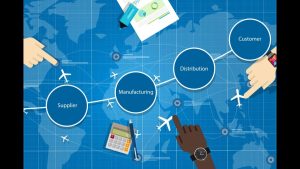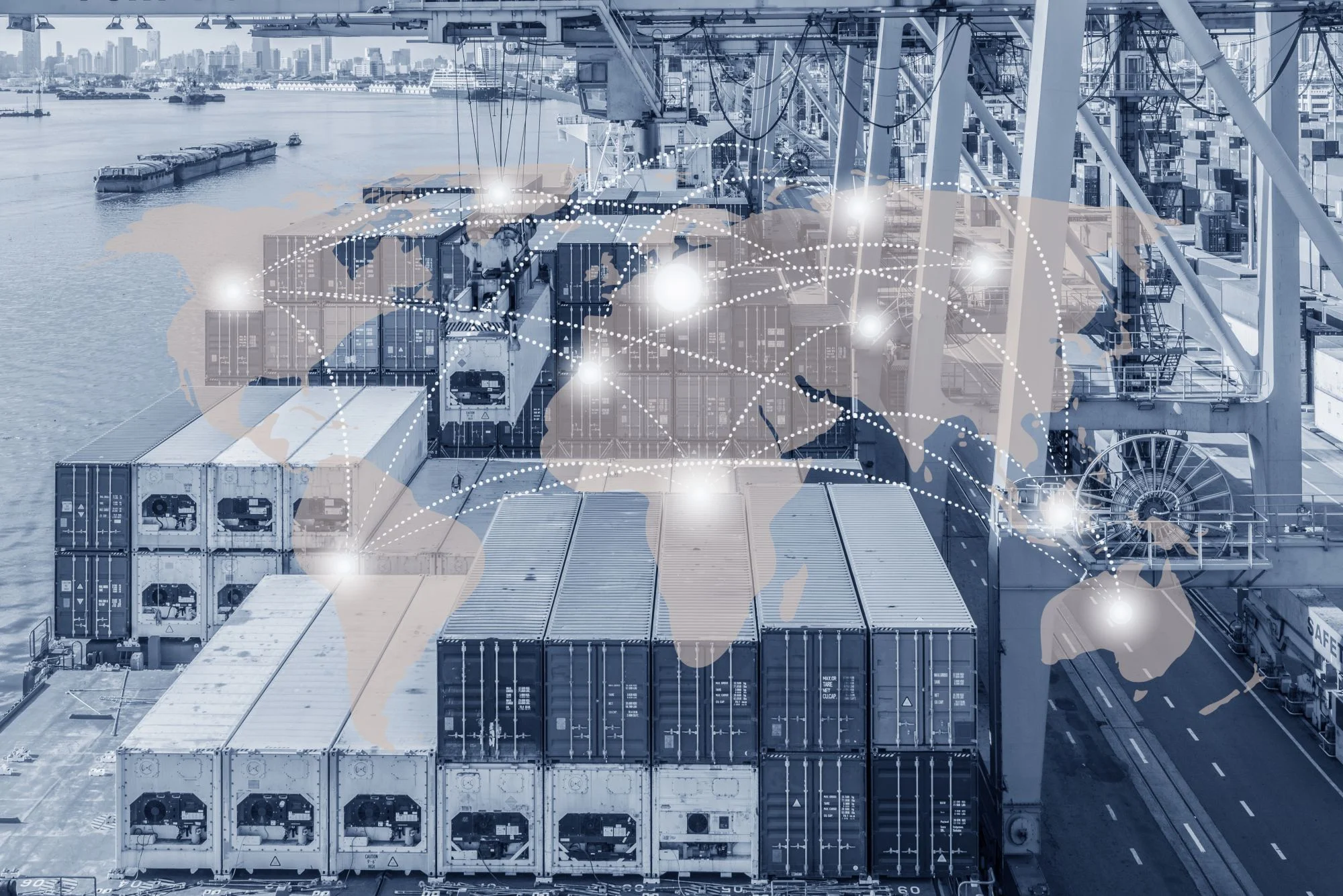Supplier relationships are the backbone of every successful supply chain. Small businesses, manufacturers, and procurement professionals all rely on a seamless connection with their suppliers to ensure timely deliveries, high-quality goods, and operational efficiency.
But what happens when relationships with suppliers falter? The results can be costly—missed deadlines, compromised production, and even reputational damage. This is why understanding and nurturing supplier relationships is crucial for creating a resilient, efficient supply chain that supports business growth.
This blog will explore the strategies, tools, and benefits of building strong supplier relationships and their critical role in enhancing supply chain resilience.
Building Strong Supplier Relationships

Solid supplier relationships don’t happen overnight—they require intention, effort, and strategy. Here’s how you can start building stronger connections with your suppliers:
Identify Reliable Suppliers
Choosing the right supplier is a crucial first step in creating a dependable supply chain. Look for suppliers who:
- Consistently deliver high-quality goods or services.
- Have a proven track record with other businesses.
- Prioritize ethical practices and compliance with industry standards.
- Offer competitive pricing aligned with market rates.
When vetting potential suppliers, be sure to review references, assess their financial health, and evaluate their logistics capabilities. Consider creating a supplier scorecard to compare your options effectively.
Communicate Effectively
Open and effective communication is at the heart of any successful relationship, and supplier relationships are no exception. Here’s how to foster better communication:
- Set clear expectations: Be transparent about volumes, delivery windows, and quality standards from the beginning.
- Stay consistent: Schedule regular check-ins to discuss performance metrics, challenges, and solutions.
- Be proactive: Share critical information, such as product forecasts or market changes, as soon as possible to help suppliers plan effectively.
Another key component of effective communication is active listening. When suppliers feel heard and respected, collaboration becomes more seamless.
Build Trust and Transparency
Trust is non-negotiable in supplier relationships. Transparency strengthens this trust, ensuring both parties can work together toward shared goals. Here’s how to build it:
- Share data and insights that can improve mutual efficiency.
- Be upfront about changes in demand, pricing, or logistics needs.
- Resolve conflicts fairly and promptly to prevent resentment or miscommunication.
When you create an environment where trust thrives, you’ll establish a partnership that’s built to last.
The Impact of Supplier Relationships on Supply Chain Resilience
Strong supplier relationships can mean the difference between business survival and operational chaos, especially during disruptions.
Consider the case of a small manufacturing business that faced supply chain disruptions during a labor strike. While many competitors scrambled to secure materials, the company’s strong relationship with its primary suppliers meant they were prioritized for available stock. This allowed them to continue production with minimal delays.
Financial Benefits of Strong Supplier Relationships
Building strong supplier relationships isn’t just about crisis management—it also offers financial advantages:
- Lower Costs: Long-term partnerships often lead to bulk discounts or preferential pricing.
- Reduced Risk: Reliable suppliers help mitigate the risk of stockouts or quality issues that could harm your bottom line.
- Continuous Improvement: Strong partnerships encourage suppliers to invest in process innovation that benefits your business over time.
Operational Advantages
Operationally, robust supplier relationships lead to:
- Predictable lead times
- Enhanced product quality
- Better agility in responding to changes in demand
These benefits collectively create a flexible, scalable supply chain ready to adapt to challenges.
Tools and Technologies for Managing Supplier Relationships

Managing supplier relationships manually can be a challenge, especially for businesses with a growing number of partners. Thankfully, several tools and technologies now make it easier to streamline supplier management.
Supplier Management Software
These platforms help track performance metrics, streamline communication, and even automate payments. Popular tools include:
- SAP Ariba: Known for its procurement capabilities and supplier collaboration tools.
- Coupa: Offers spend management and real-time supplier insights.
- Jaggaer: Provides a robust supplier performance evaluation system.
Collaborative Platforms
Collaboration tools like Slack, Microsoft Teams, or Asana can complement supplier management platforms by providing a space for quick, real-time communication. For example, creating dedicated channels for suppliers can simplify updates and approvals.
Systems for Specific Needs
If your supply chain has unique complexities, consider tools tailored to niche requirements. For example:
- Inventory Management Software (e.g., TradeGecko): Ideal for businesses heavily reliant on inventory tracking.
- Analytics Tools (e.g., Tableau): Excellent for analyzing supply chain trends and supplier data.
When selecting tools, ensure they align with both your supply chain needs and your suppliers’ capabilities to minimize friction.
Nurturing Long-Term Partnerships
Strong supplier relationships go beyond transactions—they require care, attention, and a focus on long-term success.
Commit to Continuous Improvement
Don’t allow relationships with suppliers to stagnate. Regularly review performance, identify areas for improvement, and set actionable goals. Transparency in these reviews keeps both parties accountable and focused on growth.
Encourage Collaboration for Innovation
Suppliers often have insights, technologies, or processes that can inspire innovation in your business. Invite your suppliers to co-create new solutions, whether it’s through joint product development, process enhancements, or eco-friendly initiatives. This fosters a sense of shared purpose and strengthens the partnership.
For instance, a retail company partnered with its packaging supplier to develop eco-friendly materials as part of a sustainability drive. This collaboration not only helped the environment but also positioned the brand favorably among eco-conscious consumers.
Invest in Supplier Relationships to Secure Your Future
Supplier relationships are not just partnerships—they’re investments in the stability and future-proofing of your supply chain. Whether you’re a small business owner sourcing your first materials or a supply chain manager navigating global complexities, building stronger connections with your suppliers can help you achieve better efficiency, resilience, and growth.
Start today. Identify areas where communication, trust, or collaboration can be enhanced, and take proactive steps to create lasting partnerships. Future challenges may arise, but with robust supplier relationships, your business will be primed to adapt and thrive.




